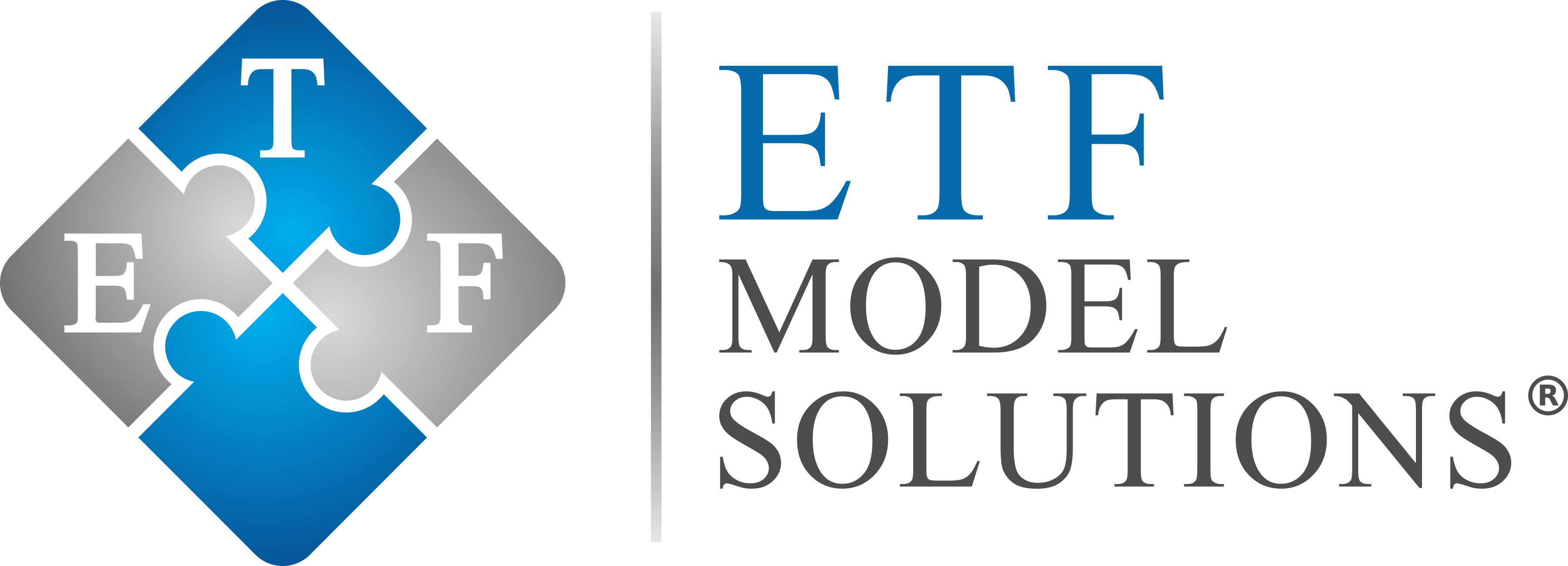Performance Disparities between DB and DC Plans due to Real Assets, Emerging Market Equity, and Alternatives Exposures
BNY Mellon’s Investment Strategy and Solutions Group conducted research resulting in a report that provides detailed analysis on the performance disparities between Defined Benefit and Defined
